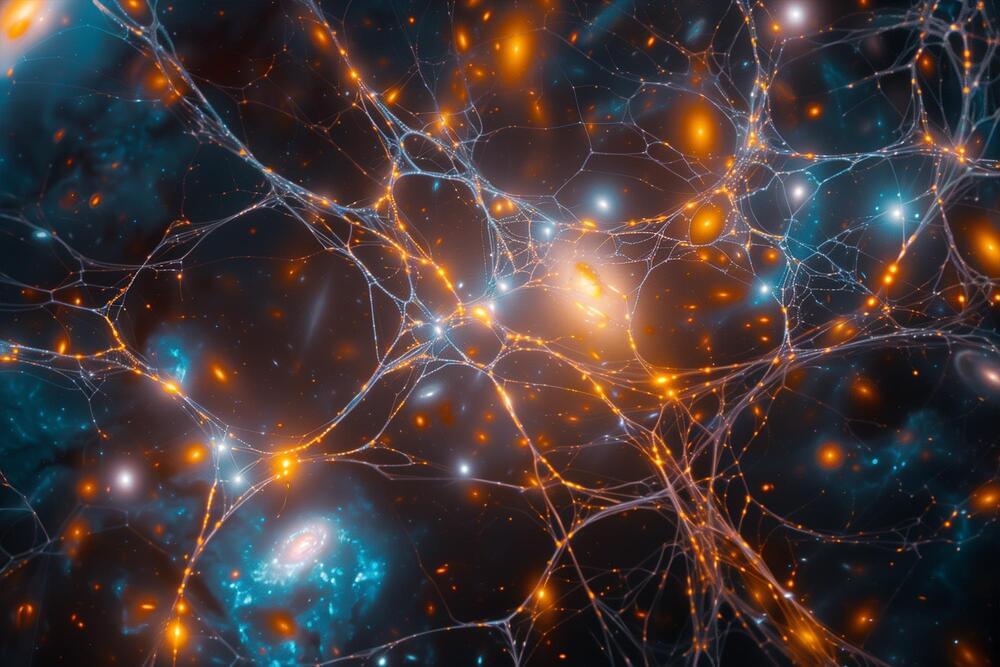The DESI collaboration’s latest research supports the standard model of gravity and hints at evolving dark energy, based on a detailed analysis of data from millions of galaxies and quasars. These results contribute significantly to understanding the accelerated expansion of the universe.
A physicist from the University of Texas at Dallas, alongside an international team of researchers in the Dark Energy Spectroscopic Instrument (DESI) collaboration, is conducting a multiyear mission to tackle one of astrophysics’ biggest mysteries: Why is the universe’s expansion accelerating?
Scientists have proposed competing theories to explain this phenomenon. One theory suggests that dark energy, an unknown force, is driving galaxies apart. Another theory posits that gravity—the force that binds objects together in local systems like our solar system—behaves differently on vast cosmic scales and may need to be revised to account for the accelerating expansion.









Leave a reply